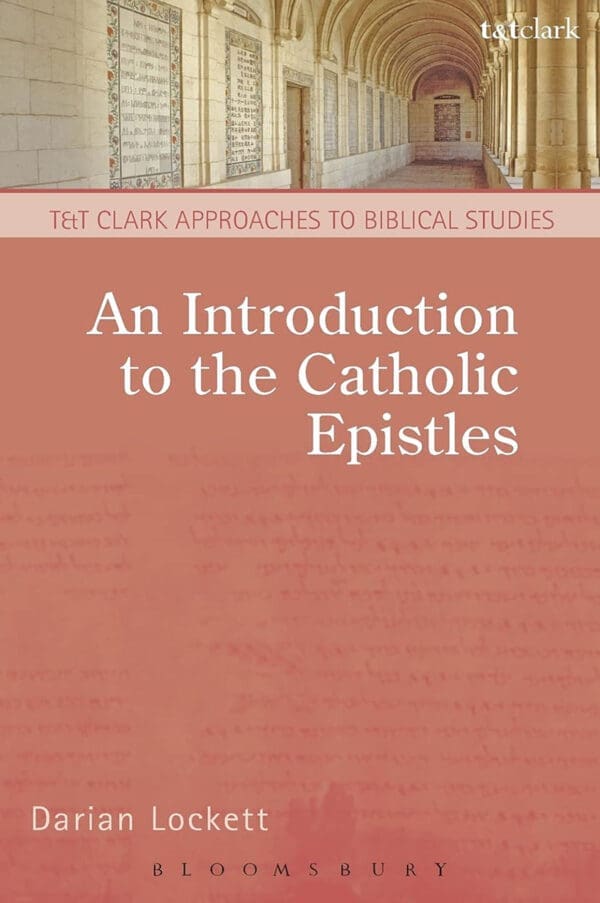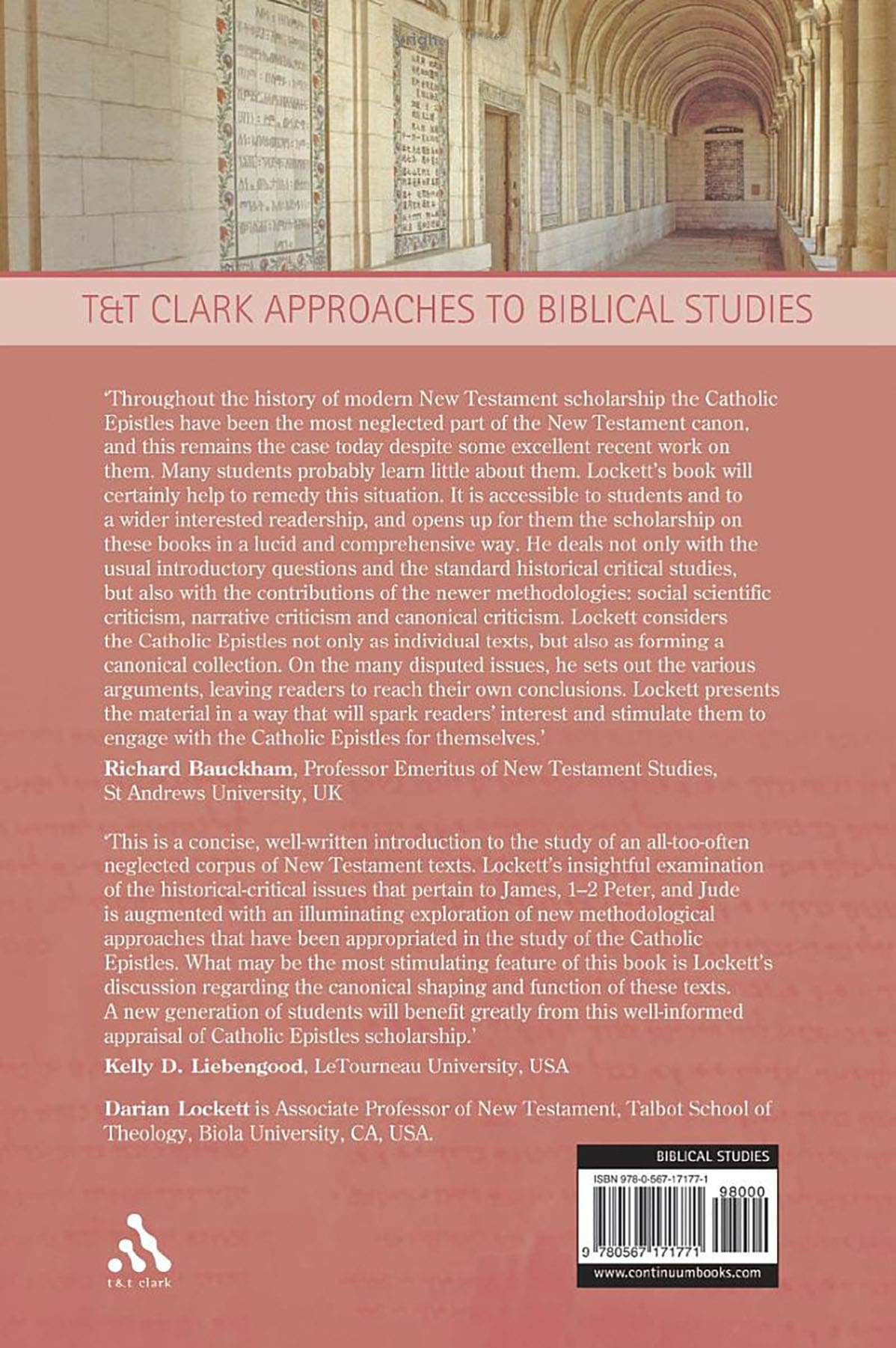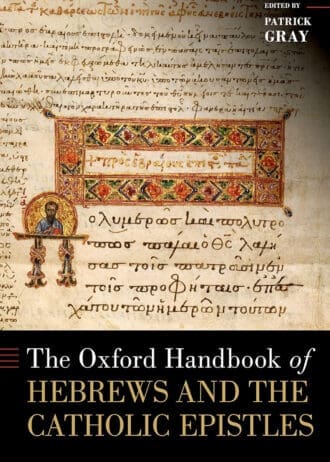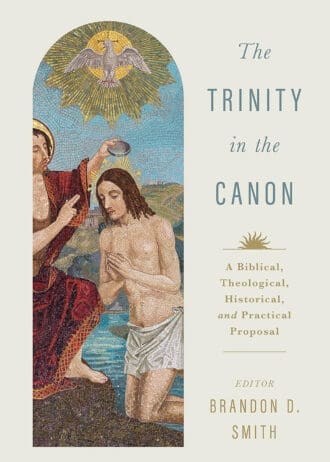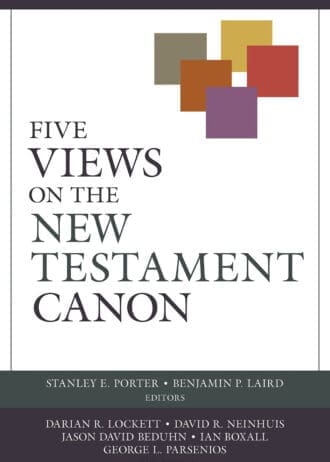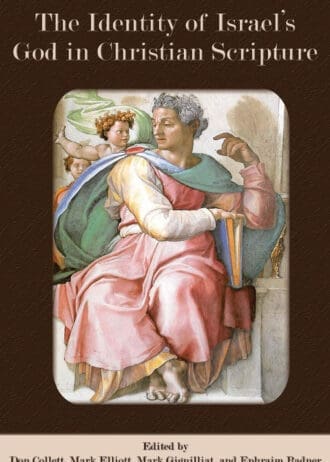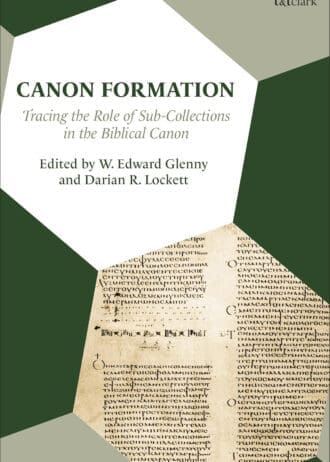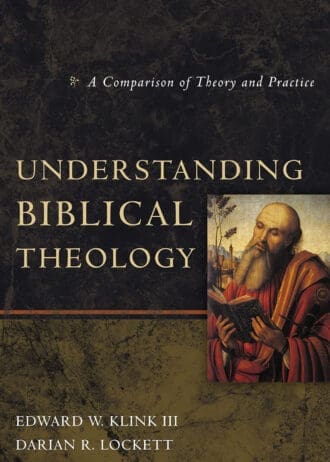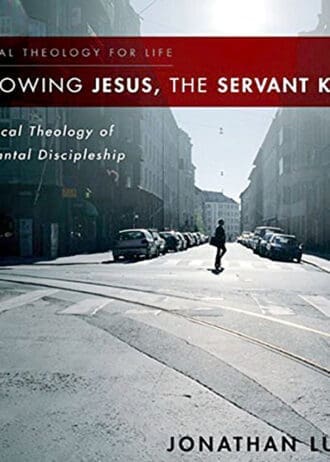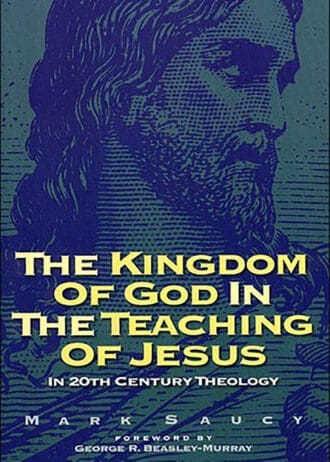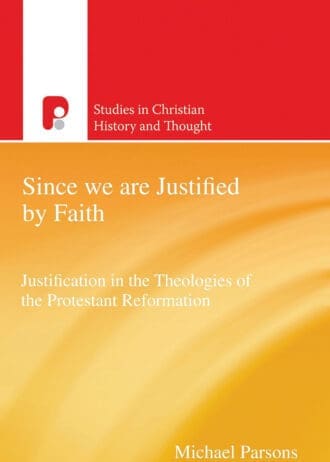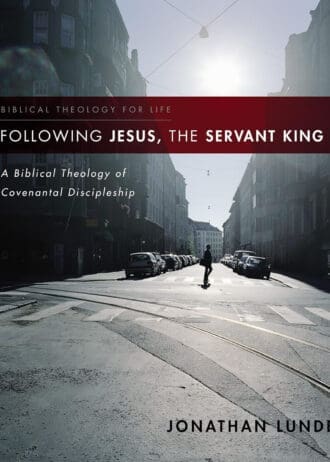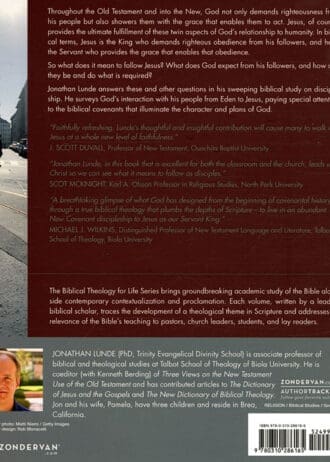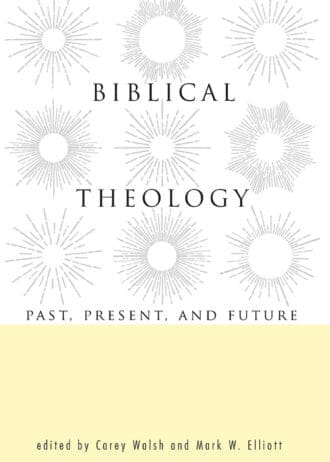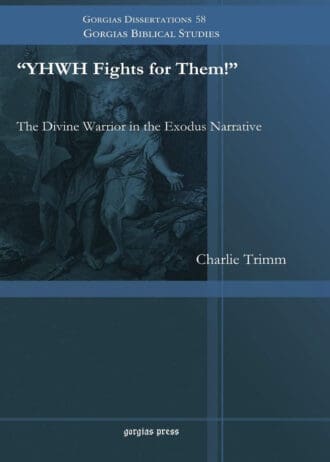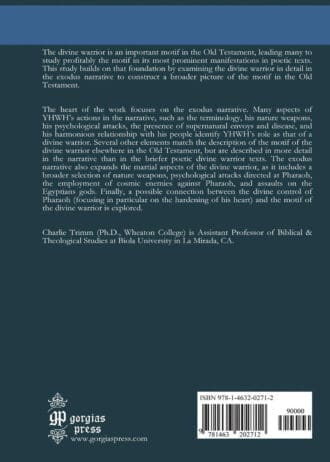This book introduces the Epistles and discusses the different interpretive approaches which have been used to gain a clearer understanding of them. An introductory chapter defines the Epistles and describes the history of their canonization, following chapters are devoted to each of the texts with each chapter including: 1) historical-cultural background; 2) the social-scientific context; 3) social-rhetorical purposes; 4) narrative discourse; 5) postcolonial and 6) feminist insights; and finally 7) theological perspectives. At the end of each chapter there are suggestions for further reading and a list of reflection questions. Several chapters include a section or two considering a particular interpretive issue especially relevant to the particular text. After taking up each text, Lockett considers again whether the Epistles are a unified whole or to be heard as individual voices. Here the book interacts with some of the ideas of Rob Wall and David Nienhuis regarding the various thematic/theological connections running through the texts. A final chapter takes up the relationship between the Pauline Epistles and the Catholic Epistles within the New Testament.
The Oxford Handbook of Hebrews and the Catholic Epistles
While the Gospels, Paul’s Letters, and the Book of Revelation have been well served by volumes orienting readers to the scholarly literature and to their reception histories, Hebrews and the Catholic Epistles have not received nearly the same attention. This relative neglect is in part a legacy of the Reformation in the sixteenth century. Insofar as doctrinal purity in Protestant circles was defined according to rubrics that were, implicitly or explicitly, Pauline in orientation, Hebrews and the Catholic Epistles were at an obvious disadvantage. However, these writings have had a great influence on Christianity throughout the centuries. Divided into four parts-general issues, topics related to Hebrews, topics related to the Catholic Epistles, and reception and engagement-The Oxford Handbook of Hebrews and the Catholic Epistles studies these books individually as witnesses to the cultural and theological diversity of the early church but also for what they reveal about the process that would eventually produce the New Testament canon.

